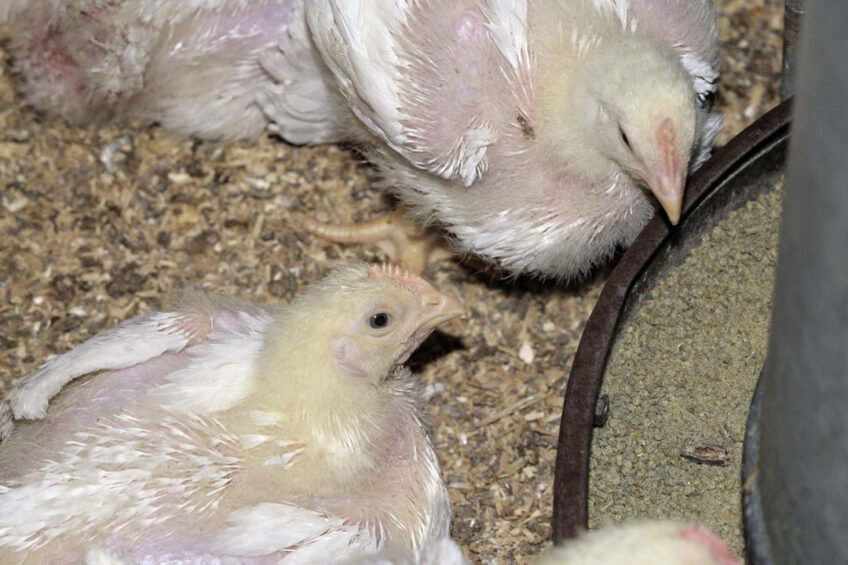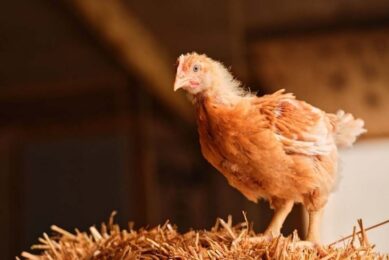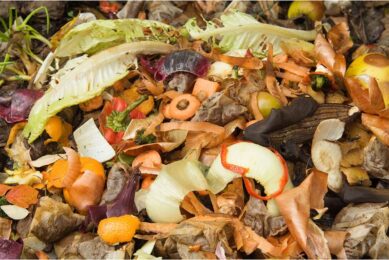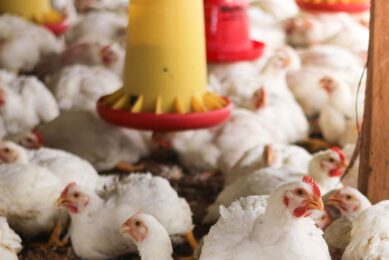Transition needed to feed broilers in a low carbon world

Current cost challenges highlight the need to improve feed efficiency and productivity. This is set to become more prevalent if the sector is to meet net-zero goals, according to a leading poultry nutritionist.
Adjusting poultry diets to meet sustainability requirements, and specifically reducing reliance on soya, will bring significant challenges that will require realistic timeframes, says ABN senior nutrition manager, Brian Kenyon.
Moving from least cost to least carbon
Kenyon says a joint approach is needed to overcome the challenges ahead: “Feed today is very much valued on a “least cost” basis but is moving towards a greater emphasis on a “least carbon” basis. However, these 2 factors frequently oppose each other.
“Reducing the carbon value of the feed, or more precisely soya, increases today’s feed prices and therefore the cost of production, but by looking at efficiency and productivity, alongside sustainability, we can help bring a cost balance for the producer.”
Alternative raw materials and feed
Soya meal itself can be replaced by several existing materials such as beans and rapeseed, though time and effort will be needed to develop the right enzymes and processing techniques needed to maximise their effectiveness.
Alternative products such as insect meal, single-celled organisms, and co-products of the food and energy industry and either not widely available or not ready for mass production.
“While we are constantly evaluating our product range and refining it to meet today’s demands, we are at the same time looking at potential alternative raw materials to see how they could fit into a productive feeding programme,” he says.
A suitable and realistic timeframe
Kenyon adds that a realistic transition action plan is needed, recognising that a complete move away from soya cannot happen overnight. A pragmatic approach would be to work towards a 5-year roadmap to ensure the availability of high-performing and sustainable alternatives.
“An industry-managed transition to reducing soya, with an extended timeframe, would allow a secure supply chain to be set up, with the arable sector able to scale up the right crops, preventing demand from outstripping the UK’s cropping cycles and further exacerbating price rises.”
Join 31,000+ subscribers
Subscribe to our newsletter to stay updated about all the need-to-know content in the poultry sector, three times a week. Beheer
Beheer








 WP Admin
WP Admin  Bewerk bericht
Bewerk bericht